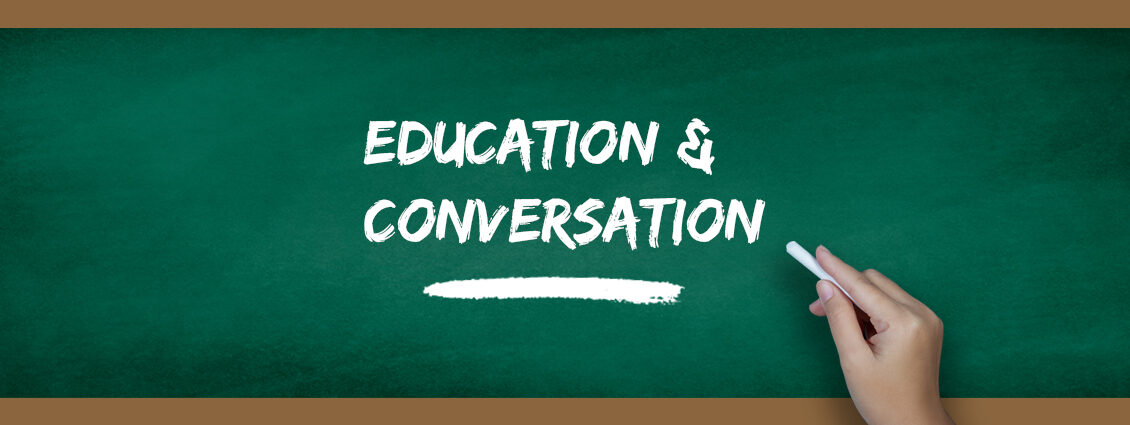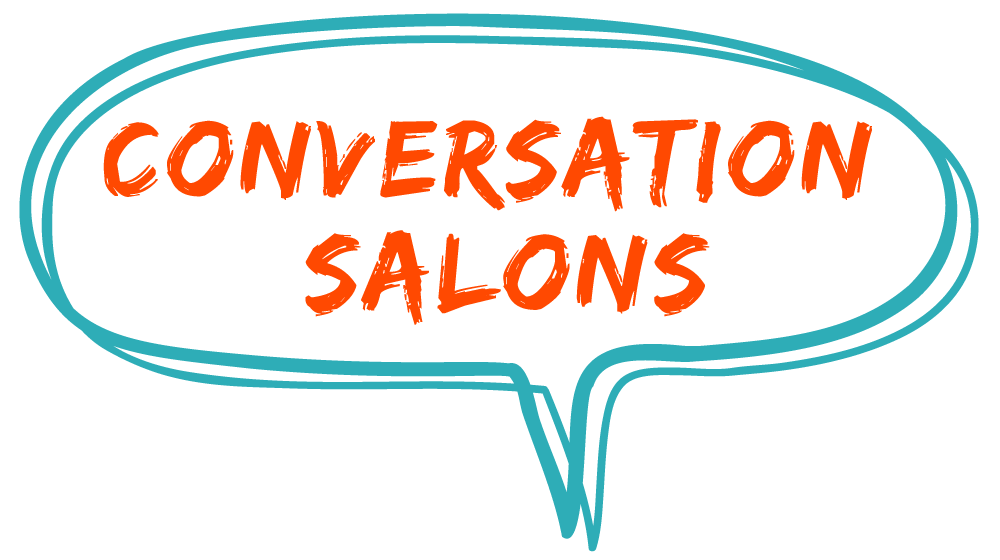
by Jyoti Chauhan
Interaction and human contact are a huge part of our society. As a student, you had your favourite classes – the ones you had with your friends or with your favourite teacher or in a subject you enjoyed. The excitement of being able to sit with your friends or to have a teacher who you liked and treated you like an adult was an exciting prospect. This continues when we enter the work place – as you gain friendships you become closer to certain people and it’s always more enjoyable to sit with these people and work with them. It creates a comfortable environment and enables interactions and conversations that you enjoy. This has been disrupted in the midst of the pandemic. Children haven’t been able to see their friends at school or interact with anyone outside of their home in the way that they normally would. Some children are probably confused as to why everything has changed and why they can’t go to school or see their friends or hug them. I can’t imagine how difficult this has been on families; to try and entertain, teach and play with their kids to fill the void of school, teachers and friends. I’ve also seen the activities that some teachers did try and help their students in lockdown; from providing resources to creating videos to try cultivate a feeling of togetherness when some children may be feeling alone. I also believe that children have probably been taught many different things they wouldn’t have been taught otherwise. They have been forced to immediately change a huge part of their lives and this has probably taught a lot of children about how to adapt to sudden situations. Perhaps they have been introduced to different ways of learning and they have spent more time with their loved ones than usual. Hopefully this creates perspective and grows a sense of curiosity in all aspects of life.
Education comes in many different shapes and forms and it’s so important to keep on educating ourselves no matter our age. There’s always more to learn. Education can come from teachers, parents, friends, family and strangers. It can come from books, music, documentaries, films, conversations, TV shows and theatre. It can come from anyone and in any format. Everyone on this Earth has a story to tell – and usually in telling their truth they educate those around them. I think that in school it’s necessary to learn the basics; Maths, English, Science and History but it’s also important to learn empathy, respect, kindness and tolerance. I think that teaching these qualities in school is important because they’re characteristics that everyone should have. Children are taught different things in their own homes – this can include harmful attitudes that breed intolerance and hate. This means that if a child is being taught or overhears discriminatory rhetoric at home then at least they’re being taught about tolerance in school and there’s hopefully a chance that they will break the cycle of discrimination.
Teachers open the door, but you must enter by yourself
Chinese Proverb
I think that education is key in dismantling a lot of the problems we have in our society. Discrimination thrives in misinformation. A lack of education on issues varying from racism, sexism, homophobia, transphobia and many others makes for an intolerant society. This is sometimes by accident because some people have just never had the opportunity or inclination to learn about an issue. They perhaps weren’t taught it in school and then were surrounded by discriminatory rhetoric at home. However, this can sometimes be willful ignorance. Especially in today’s society and with the events of the past few months – if you have all the tools at your disposal and aren’t educating yourself then sometimes you are choosing to be ignorant. Something that I’ve learnt recently is the reality that if you aren’t interested or active in these issues – you’re unconsciously in favour of the current systems and society in place. If you’re not “into politics”, then you are still very much into politics, you’re just unconsciously in favour of the status quo. This rings true for a lot of other issues in our society. We’re usually only concerned about something if it shatters or impacts our reality (we’re all guilty of this and it’s a very human thing to do because we all have our own lives and struggles that we deal with daily). Now this is a problem if for example you are a rich, white, straight man because the odds are always in your favour. The systems, institutions and societies were built for you. Some people have no want or need to change systems that serve them. Education hopefully changes this – you can learn about different realities, a life and a struggle much different to yours. This is especially important when we talk to children; our sons and daughters, our nephews and nieces, our cousins or our chosen family. Children are like sponges and they overhear so much and learn so much from their environment. This includes the things you say in passing, the offhand comments, the things that just slip out of your mouth. No-one is born with discrimination in their hearts – it’s learnt.
Conversation is key in education. We need to continue having an open and honest dialogue about everything from discrimination to mental health to climate change. Diversity in the curriculum is also important because people fear what they don’t know. Hate and intolerance breed from that fear. Children are the future and they have the opportunity and the ability to break the harmful cycles in our society and work towards a fair, equal and sustainable world. In order to achieve this they need to be armed with the correct knowledge. They need to be armed with tolerance, empathy, kindness and an open mind. They need to be armed with an education of real history. They need to be armed with the who, what, where, when and why of past atrocities so they can ensure history doesn’t repeat itself. It’s so important to cultivate an environment in which children feel comfortable to be honest, be themselves and truly thrive and grow mentally and emotionally. Educating children about everything from global warming to mental health could truly create an impactful change on society and change the future.
Read more from Jyoti:
How To Create A Conversational Space
What Conversations Should We Be Having In Our Social Circles?
